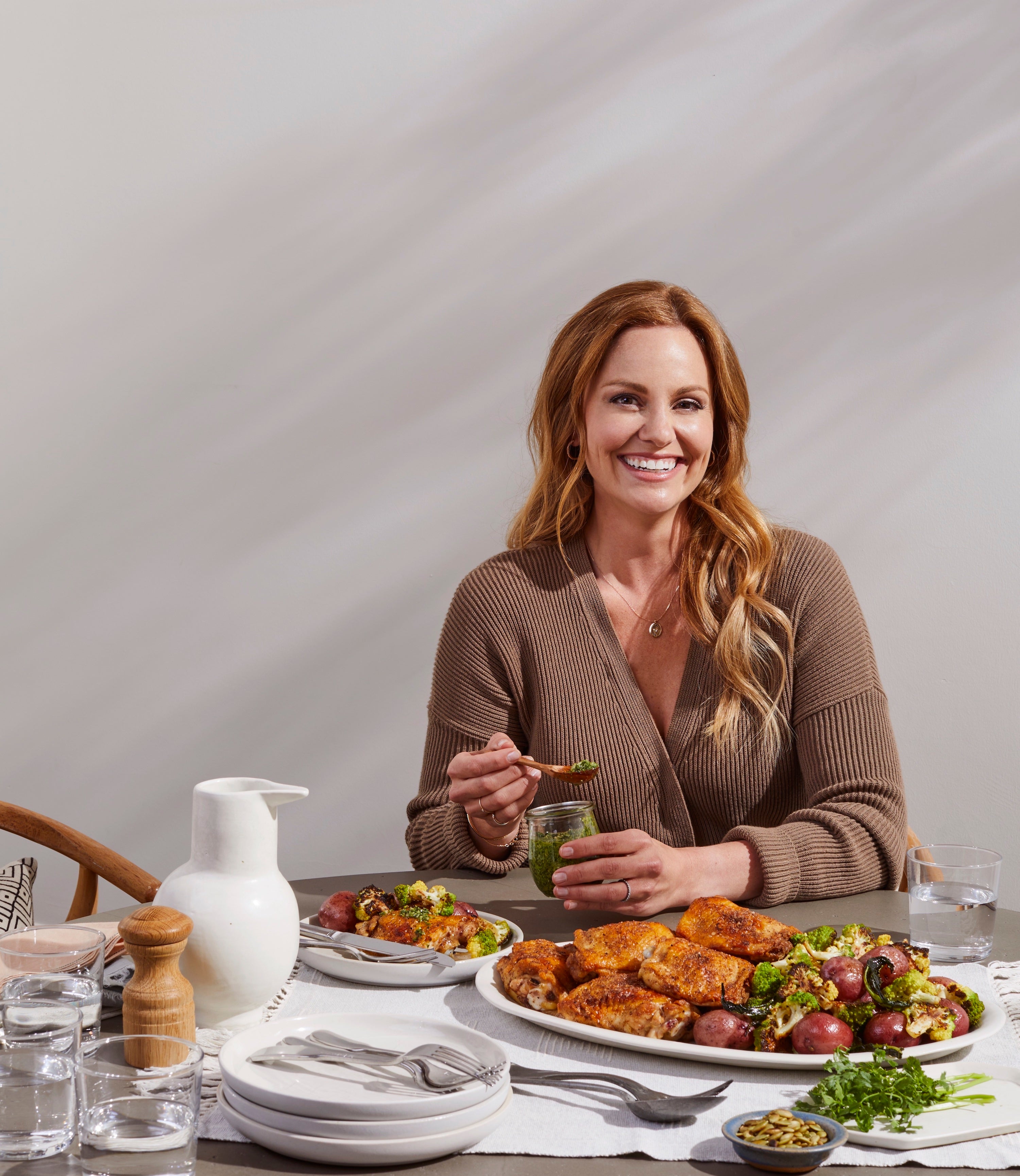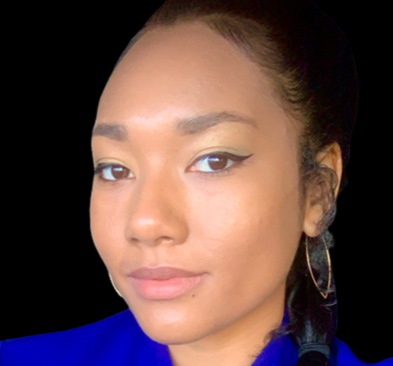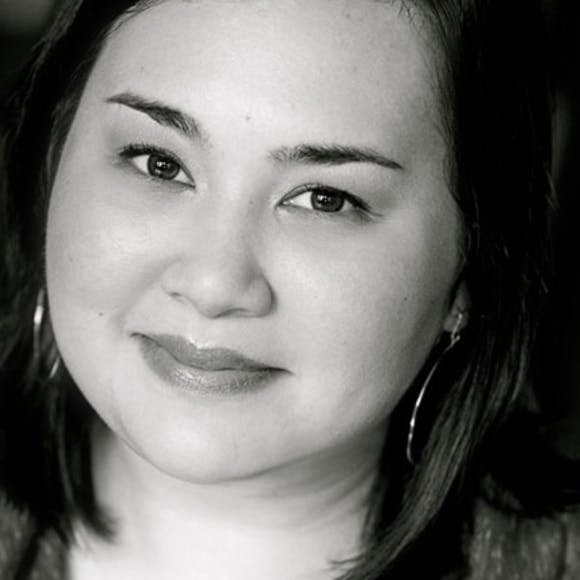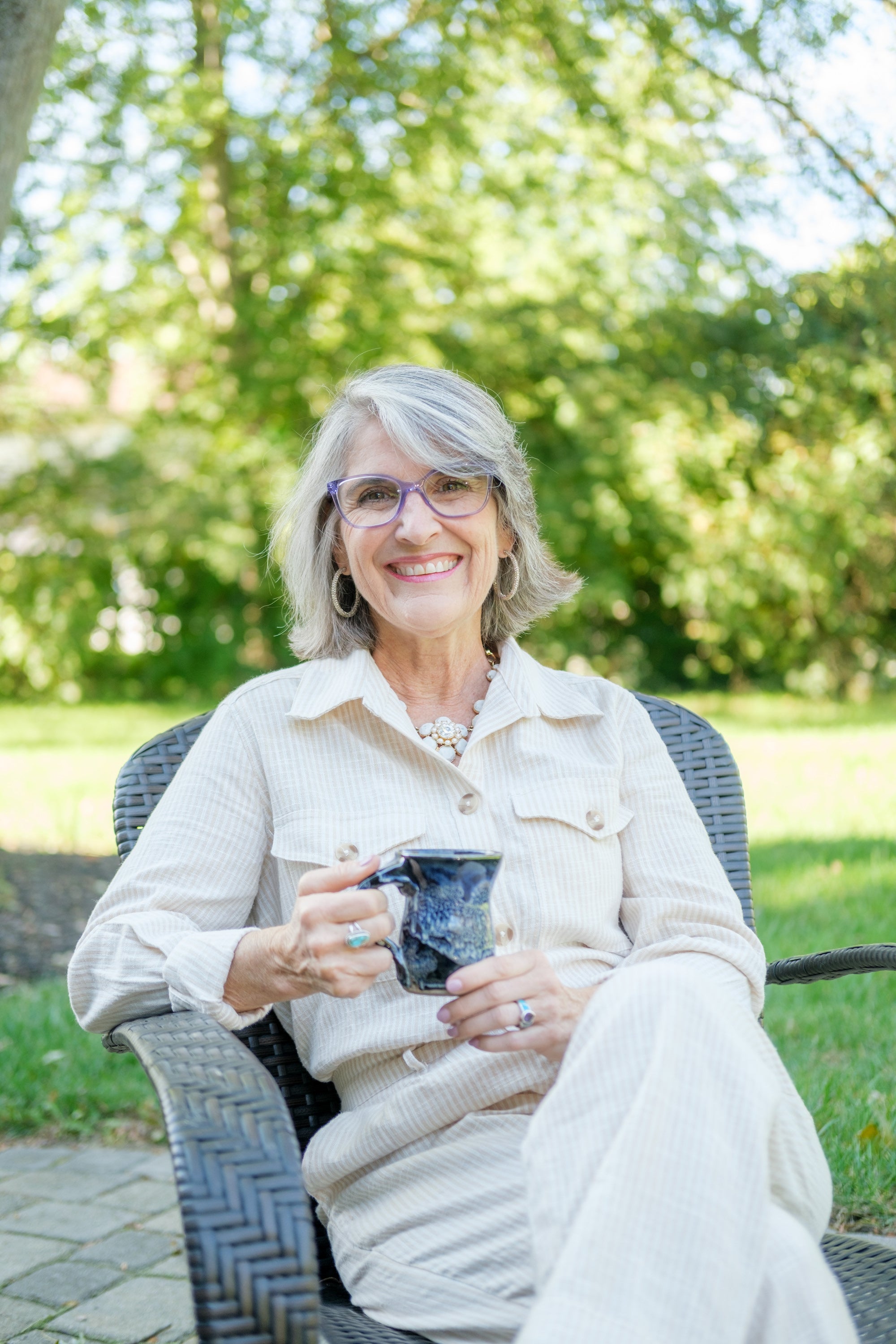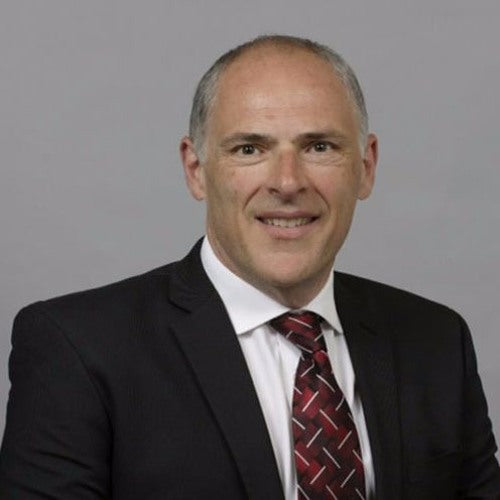Book: The Bold World
Photo credit: YUMI MATSUO STUDIO
Author Bio:
1. What does a “Bold World” look like to you?
Freedom to show up in all forms.
Flexibility to adjust to new ideas.
Ability to move through life and to touch all the elements without restrictions.
2. Why did you feel that this story was one that needed to be told?
That moment when I realized my daughter was actually my son, marked a profound point - when I understood that much of what I’d been taught wasn’t fact -and it no longer applied.
Once I understood that gender wasn’t about the body, that identity was flexible, and that we are who we are from the inside out - I felt it was worth sharing. I had to ask myself: if Penelope is a boy, then who am I underneath the presentation?
What identities haven’t I pulled to the forefront? What freedoms have I not touched? And what more from life could I have if I lived in my full identity?
That freedom was something I wanted not just for my son, but for myself and for all of us. I shared my story essentially out of love.
3. What was your writing process like for “The Bold World”?
Writing 'The Bold World' took several years. First I sketched out all the chapters with a loose understanding of where I wanted the book to start and end. How I wanted to feel. And why I was writing it. Then I took one chapter at a time. Most days writing five hours at a time.
I hired an editor to keep me on track and to add structure and experience. I had never written a book before and I was really intimidated. My editor broke down the process into manageable pieces. We often recorded my voice and then she transcribed my voice and I'd write a chapter from the recordings.
After the chapters were done, I went back in to add in texture, dialogue, and detail. After that I took another look and rearranged the chapters - sometimes based on chronology other times based on rhythm and flow. And then we took another look to find threads that weaved throughout all the chapters and we tried to make sure those evergreen messages were visible.
The book I ended with was quite different from what I thought it would be. Writing requires an ability to be loose and to let things develop and flow. It’s like meditation, exercise, and prayer in print.
4. For the readers who would like to adapt, “The LAB”, conversation method into their family discussions, how would you suggest they begin with their implementation?
Start long-form conversations over complex topics with your family. Like faith, race, identity, even day-to-day things like house rules. Anything that we disagree on is “complex” and could use a good LAB session. I like to sit on the floor or at a table.
Any place that levels the playing field so we’re eye to eye. The rules are simple: speak as long as you need. One speaker at a time. Don’t interrupt. Listen. Speak your truth. This is not a rebuttal. The goal isn’t to agree. It is only to discuss as long as possible.
I’ve found that just by expressing really complex and polarized ideas we become more flexible around those ideas. Don’t look for a resolution. Just let the LAB session exhaust itself. Then get up and eat a meal together.
When we learn to LAB our ideas, we learn to live with differences. And that is the goal: to live together.
5. You are such an inspiration to many, as a writer, as a mother, as a woman, and as a human. Who and/or what inspires you?
I was raised by revolutionaries. My dad helped establish the first black-owned and black-operated brokerage firm on Wall Street, in 1955 and publishing a community newspaper, Citizen Call. My mom opened a radical school for black families in Harlem, "The Patterson School".
My uncle was Gil Scott-Heron who wrote The Revolution Will Not Be Televised. My grandmother, Dr. Gloria Blackwell, was a southern civil rights activist who changed the laws and challenged the status quo.
So when we talk of Black Girl Magic and Black Excellence I know it isn’t magic...it’s strategy passed on from generation to generation by our mothers and fathers.
6. What are three moments in your life that have changed and shaped you into the woman and mother that you are currently?
I have five moments that shaped me: the birth of four of my children and the meeting of my adopted son. If a child can be born in one day and if lives can be altered by a chance meeting in one hour- then anything can happen and change is possible.
7. What scares you most about our society today?
How dependent we are on systems. Everything is systematized: Banking, food delivery, health insurance, travel, education even advocacy all tie into automated systems - that we now see so clearly overlook entire groups of people. Our systems have deep flaws.
8. What inspires you most about our society today?
Young people. Their minds are flexible.
9. How does your parenting style differ from how you were raised?
I think I put up with more backtalk.
10. During your writing process, what was it like viewing the world through the eyes of your children?
When I was writing my memoir The Bold World, I made sure not to write through the eyes of anyone but my own - not even my children.
Sometimes I pretended that no one was ever going to read the book - just so I wouldn’t be beholden to anyone else’s memory but my own. Staying true to my POV required intention because much of what we do as mothers is to filter everything through our kids.
We speak, act, move, and live often in a way that makes sense for our children. But when I was writing my story, I tried to stay close to my voice and my memory even if it was inappropriate or messy or different from how others believed it to be.
11. What’s your best advice for getting over writer’s block?
Sometimes it’s easier to speak than to write. Writing requires intentional structure and that can be intimidating. So I started recording conversations. My editor and I would pick a subject, she’d probe me and I'd just talk for an hour. From those recordings, I found the language I could use in my writing.
Another great technique for getting out of a writer’s block is the Brain Dump. Pick a topic and just start scribbling. There is no structure to a brain dump. It’s simply scribbling sentences and phrases, even disconnected words down.
It’s free-flowing and has no need for a beginning or end. Sometimes it sounds like poetry or a letter or an essay or even a very personal journal entry. You never edit a brain dump and you don’t worry how it will be used down the line.
Often when we’re writing we’re asking ourselves: is this even important? Don’t. Just Brain Dump. The only point is to dump everything in your brain - in no particular order - on to the paper.
12. What’s the best advice you have ever received on happiness?
My idea of happiness is one of the few things that comes from deep inside me. It’s not my mother’s, or my father’s or my spouse's or my children’s idea. My happiness does not look like anyone else’s. I had to define happiness on my own.
And when I realized that happiness is different for each of us, I began to understand that even as a parent I can not dictate happiness. Who am I to say what happiness looks like? All I know is love.
13. Do you plan on writing more books in the future?
My first book, "The Bold World" came out in 2019. My next book is a children’s book entitled Born Ready: The True Story of a Boy Named Penelope. That will be out at the beginning of 2021. And I’m currently working on a radical parenting book.
Places To Find More From This Author:
Instagram: @jodiepatterson
Twitter: @GeorgiaNY
Facebook: GeorgiaNY
Website: www.georgiany.com









